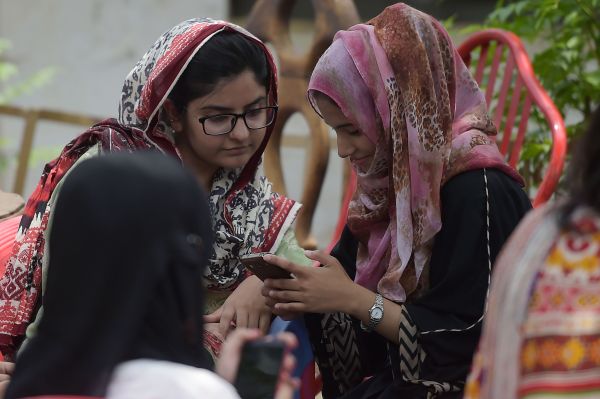
Global internet companies Facebook, Google and Twitter and others have banded together and threatened to leave Pakistan after the South Asian nation granted blanket powers to local regulators to censor digital content.
Earlier this week, Pakistan Prime Minister Imran Khan granted the Pakistan Telecommunication Authority the power to remove and block digital content that pose “harms, intimidates or excites disaffection” toward the government or in other ways hurt the “integrity, security, and defence of Pakistan.”
Through a group called the Asia Internet Coalition Asia (AIC), the tech firms said that they were “alarmed” by the scope of Pakistan’s new law targeting internet firms.” In addition to Facebook, Google, and Twitter, AIC represents Apple, Amazon, LinkedIn, SAP, Expedia Group, Yahoo, Airbnb, Grab, Rakuten, Booking.com, Line, and Cloudflare.
If the message sounds familiar, it’s because this is not the first time these tech giants have publicly expressed their concerns over the new law, which was proposed by Khan’s ministry in February this year.
After the Pakistani government made the proposal earlier this year, the group had threatened to leave, a move that made the nation retreat and promise an extensive and broad-based consultation process with civil society and tech companies.
That consultation never happened, AIC said in a statement on Thursday, reiterating that its members will be unable to operate in the country with this law in place.
“The draconian data localization requirements will damage the ability of people to access a free and open internet and shut Pakistan’s digital economy off from the rest of the world. It’s chilling to see the PTA’s powers expanded, allowing them to force social media companies to violate established human rights norms on privacy and freedom of expression,” the group said in a statement.
“The Rules would make it extremely difficult for AIC Members to make their services available to Pakistani users and businesses. If Pakistan wants to be an attractive destination for technology investment and realise its goal of digital transformation, we urge the Government to work with industry on practical, clear rules that protect the benefits of the internet and keep people safe from harm.”
Under the new law, tech companies that fail to remove or block the unlawful content from their platforms within 24 hours of notice from Pakistan authorities also face a fine of up to $3.14 million. And like its neighboring nation, India, — which has also proposed a similar regulation with little to no backlash — Pakistan now also requires these companies to have local offices in the country.
The new rules comes as Pakistan has cracked down on what it deems to be inappropriate content on the internet in recent months. Earlier this year, it banned popular mobile game PUBG Mobile and last month it temporarily blocked TikTok.
Countries like Pakistan and India contribute little to the bottomline for tech companies. But India, which has proposed several protectionist laws in recent years, has largely escaped any major protest from global tech companies because of its size. Pakistan has about 75 million internet users.
By contrast, India is the biggest market for Google and Facebook by users. “Silicon Valley companies love to come to India because it’s an MAU (monthly active users) farm,” Kunal Shah, a veteran entrepreneur, said in a conference in 2018.

Recent Comments